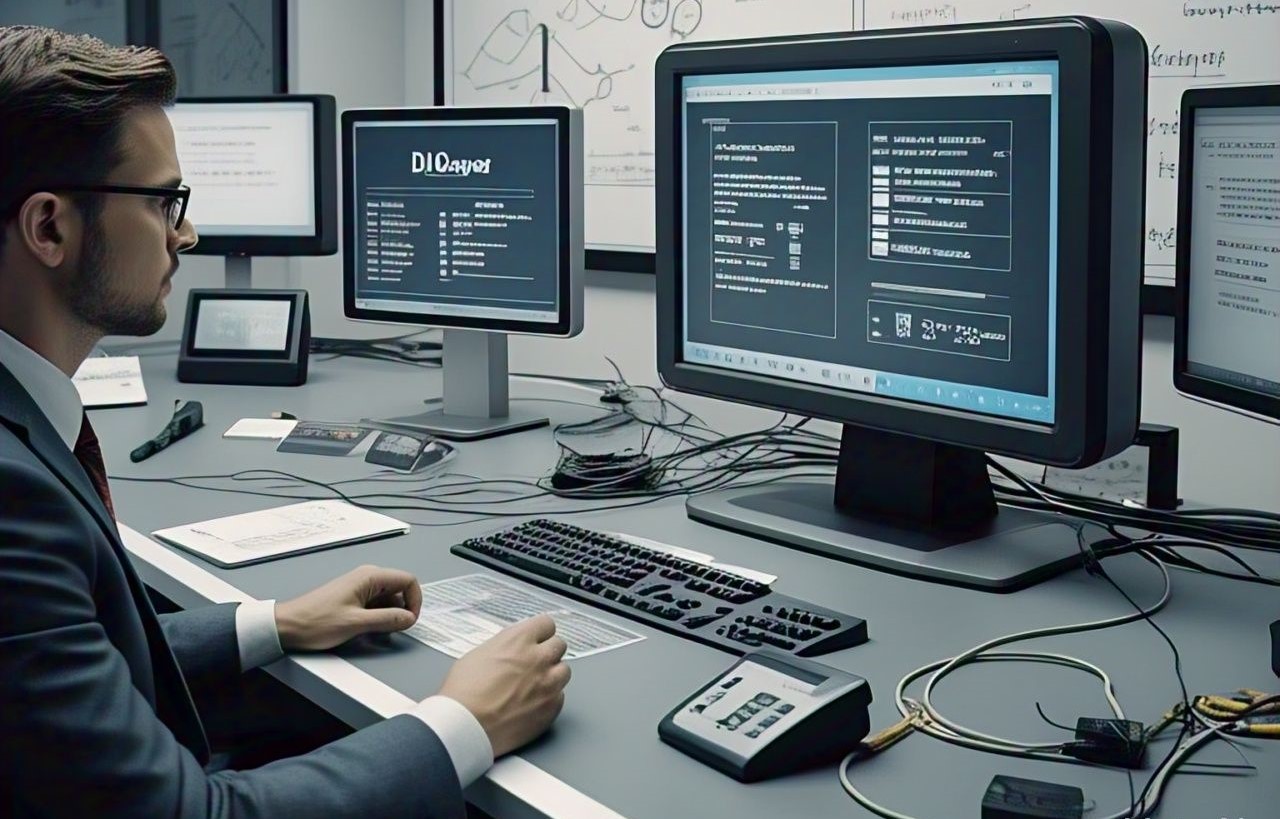Learn about the Massachusetts Supreme Judicial Court, its history, structure, and significance. Discover how this highest appellate court functions and impacts the legal landscape.
Introduction
The Massachusetts Supreme Judicial Court (SJC) is the highest appellate court in the Commonwealth of Massachusetts. Established in 1692, it holds a significant place in the history of American jurisprudence. This blog post will provide a comprehensive overview of the Massachusetts Supreme Judicial Court, explaining its role, structure, and impact on the legal system. Whether you’re a law student, a legal professional, or simply curious about the judiciary, this guide will offer valuable insights.
The History of the Massachusetts Supreme Judicial Court
The Massachusetts Supreme Judicial Court is one of the oldest continuously functioning appellate courts in the Western Hemisphere. It was established in 1692, during the colonial era, and has played a pivotal role in shaping the legal landscape of Massachusetts and the United States.
- Colonial Beginnings: The court was initially formed to handle appeals from lower courts and to ensure the uniform application of the law across the colony.
- Evolution Over Time: Over the centuries, the SJC has evolved, adapting to changes in the legal system and society. It has been instrumental in landmark decisions that have influenced both state and national law.
Structure of the Massachusetts Supreme Judicial Court
The SJC consists of a Chief Justice and six Associate Justices, all appointed by the Governor with the consent of the Governor’s Council. The court operates from September through May, hearing appeals on a wide range of criminal and civil cases.
- Chief Justice: The Chief Justice leads the court and is responsible for its administration and the overall functioning of the judiciary.
- Associate Justices: The six Associate Justices collaborate with the Chief Justice to hear cases, deliberate on legal issues, and issue written opinions.
Functions and Responsibilities
The Massachusetts Supreme Judicial Court has several key functions and responsibilities that ensure the effective administration of justice in the Commonwealth.
- Appellate Jurisdiction: The SJC hears appeals from lower courts, reviewing decisions to ensure they comply with the law. This includes both criminal and civil cases.
- Supervisory Role: The court supervises the judiciary and the bar, ensuring that judges and lawyers adhere to ethical standards and professional conduct.
- Rule-Making Authority: The SJC has the power to make or approve rules for court operations, ensuring the efficient and fair administration of justice.
- Advisory Opinions: Upon request, the court provides advisory opinions to the Governor and the Legislature on legal questions, helping to guide policy and legislative decisions.
Landmark Cases and Decisions
The Massachusetts Supreme Judicial Court has been involved in numerous landmark cases that have had a profound impact on the legal system.
- Goodridge v. Department of Public Health (2003): This historic decision made Massachusetts the first state to legalize same-sex marriage, setting a precedent for other states to follow.
- Commonwealth v. Hunt (1842): The court ruled that labor unions were legal and that workers had the right to organize and strike, a significant decision for labor rights.
- Commonwealth v. Jennison (1783): This case effectively ended slavery in Massachusetts, declaring that the state’s constitution was incompatible with the institution of slavery.
How the SJC Impacts the Legal System
The decisions made by the Massachusetts Supreme Judicial Court have far-reaching implications, influencing not only state law but also contributing to national legal precedents.
- Legal Precedents: The court’s rulings serve as precedents for lower courts, guiding their decisions and ensuring consistency in the application of the law.
- Policy Influence: Through its advisory opinions and landmark decisions, the SJC influences public policy and legislative actions, shaping the legal and social landscape of Massachusetts.
Accessing Court Information
For those interested in learning more about the Massachusetts Supreme Judicial Court, there are several resources available.
- Official Website: The SJC’s official website provides access to court opinions, dockets, calendars, and other important information.
- Public Records: The court offers free access to basic case information and scheduled court dates for members of the public and attorneys.
- Oral Arguments: The SJC’s oral arguments are often available for public viewing, providing insight into the court’s deliberative process.
Conclusion
The Massachusetts Supreme Judicial Court plays a crucial role in the administration of justice in the Commonwealth. Its history, structure, and landmark decisions highlight its significance in shaping the legal landscape. By understanding the functions and impact of the SJC, we gain a deeper appreciation for the judicial system and its role in upholding the rule of law.
FAQs
Q: What is the Massachusetts Supreme Judicial Court?
A: The Massachusetts Supreme Judicial Court is the highest appellate court in the Commonwealth of Massachusetts, responsible for hearing appeals and ensuring the uniform application of the law.
Q: How many justices serve on the Massachusetts Supreme Judicial Court?
A: The court consists of a Chief Justice and six Associate Justices, all appointed by the Governor with the consent of the Governor’s Council.
Q: What are some landmark cases decided by the SJC?
A: Notable cases include Goodridge v. Department of Public Health (legalizing same-sex marriage), Commonwealth v. Hunt (legalizing labor unions), and Commonwealth v. Jennison (ending slavery in Massachusetts).
Q: How does the SJC influence public policy?
A: Through its advisory opinions and landmark decisions, the SJC guides policy and legislative actions, shaping the legal and social landscape of Massachusetts.
Q: Where can I access information about the SJC’s cases and decisions?
A: The SJC’s official website provides access to court opinions, dockets, calendars, and other important information for the public and attorneys.










